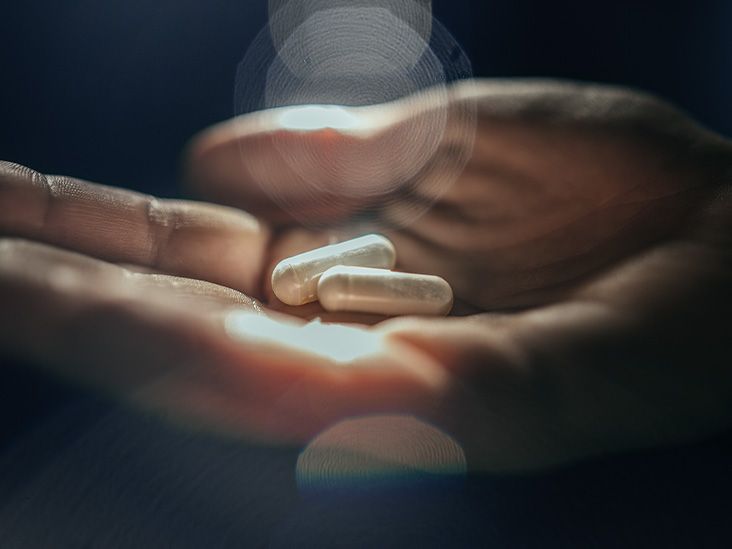
Now, a team of scientists from the US and China has calculated that a new class of dual-action antibiotics could make it 100 million times more difficult for bacteria to evolve resistance.

A recent study shows promise for a new antibiotic that effectively fights several bacteria while sparing the helpful bacteria that occur naturally in the gut.

International scientists have discovered a new class of compounds that uniquely combine direct antibiotic killing of pan drug-resistant bacterial pathogens with a simultaneous rapid immune response.

MIT scientists have revealed that their AI discovered an antibiotic compound, halicin, that can not only kill many forms of resistant bacteria but do so in a novel way.

Latest studies showed that bacteria-infecting viruses called bacteriophages, or simply phages, could kill different strains of the bacterium E. coli by making mutations in a viral protein that bound to host cells.

A team of US biologists has discovered thousands of four- and five-drug combinations of antibiotics that are more effective at killing harmful bacteria than the prevailing views suggested.

The research led to the identification of two synthetic retinoids, both of which demonstrated the ability to kill MRSA (methicillin-resistant Staphylococcus aureus), a type of staph bacteria that is resistant to several antibiotics.